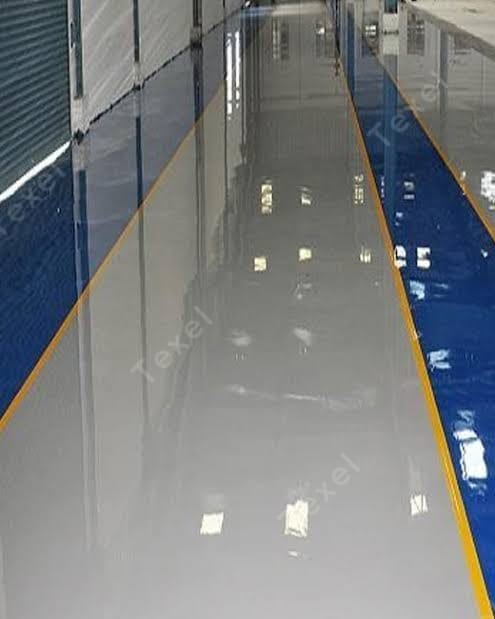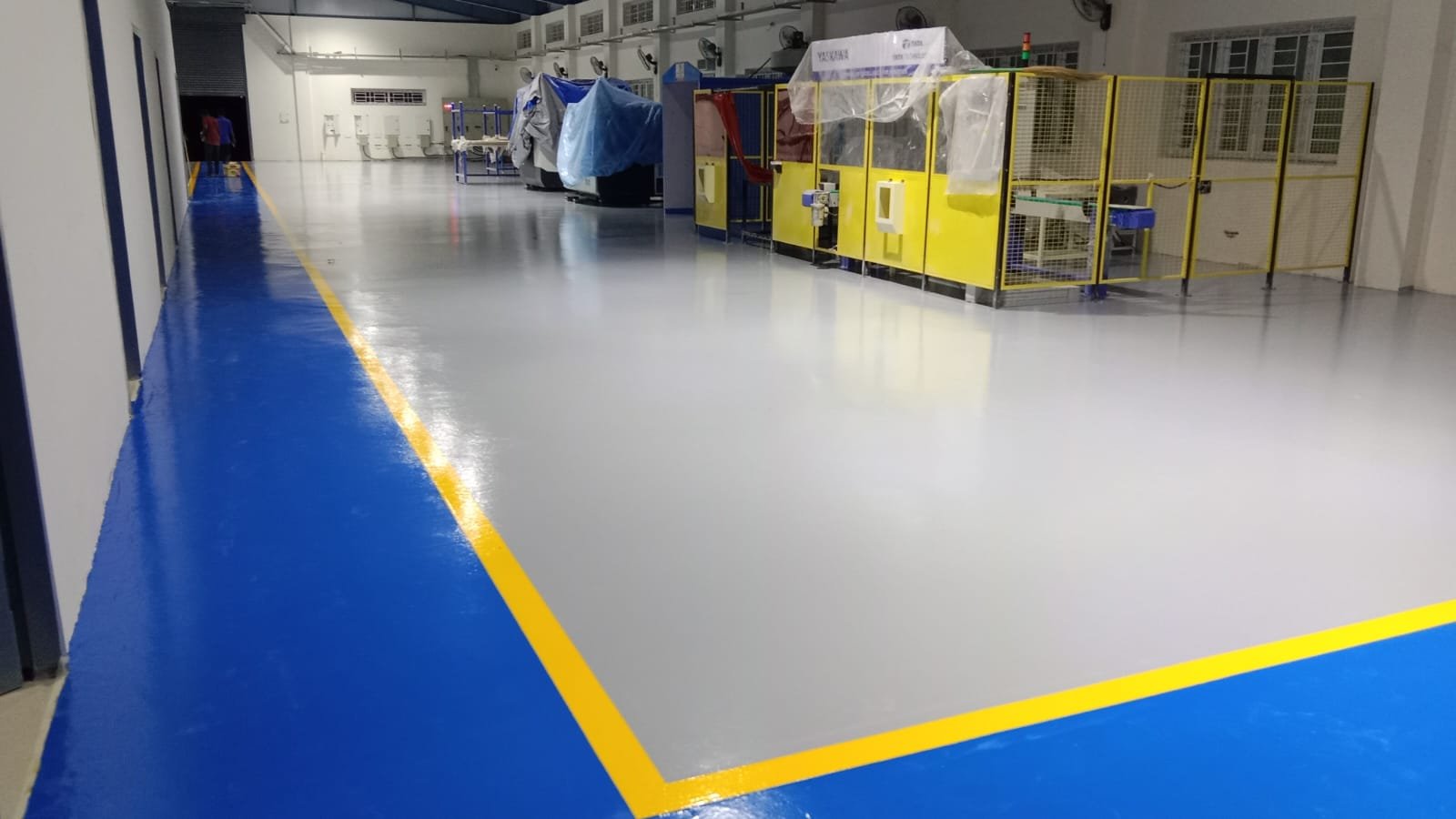WHY WATERPROOFING IS IMPORTANT?
WHY
WATERPROOFING IS IMPORTANT ?
TABLE
OF CONTENTS
·
INTRODUCTION
·
HERE ARE KEY
REASONS WHY WATERPROOFING IS IMPORTANT :
·
CONCLUSION
INTRODUCTION
Waterproofing is important for various reasons, and it
plays a crucial role in maintaining the integrity and longevity of structures,
as well as protecting valuable belongings.
HERE
ARE KEY REASONS WHY WATERPROOFING IS IMPORTANT :
PREVENTS
WATER DAMAGE
Water intrusion can cause extensive damage to
buildings and structures. It can weaken foundations, erode concrete,
deteriorate wood, and damage electrical systems. Waterproofing helps to prevent
these issues by creating a barrier that keeps water out.
PRESERVES
STRUCTURAL INTEGRITY
Water can seep into the pores of materials, leading to
cracks, corrosion, and weakening of the structure over time. Waterproofing
helps maintain the structural integrity of a building by preventing water from
infiltrating and causing these types of damage.
MOLD
AND MILDEW PREVENTION
Excess moisture and water can lead to the growth of
mold and mildew. These organisms not only compromise indoor air quality but
also pose health risks to occupants. Waterproofing helps to keep spaces dry and
prevents the conditions that encourage mold growth.
PROTECTS
INTERIOR FINISHES
Water damage can ruin interior finishes such as paint,
wallpaper, and flooring. It can cause them to peel, warp, or become discolored.
Waterproofing safeguards these finishes by preventing water from reaching them.
PRESERVES
PROPERTY VALUE
Waterproofing is an investment that can significantly
increase the value of a property. A building with a well-maintained
waterproofing system is more attractive to buyers and retains its value over
time.
ENERGY
EFFICIENCY
Waterproofing can also contribute to energy
efficiency. When water is kept out, insulation remains effective, reducing the
need for heating or cooling systems to compensate for temperature fluctuations
caused by moisture.
PROTECTS
BELONGINGS AND ASSETS
Water damage can destroy personal belongings,
equipment, and valuable assets. Waterproofing safeguards these items by keeping
them in a dry environment.
SAFEGUARDS
OCCUPANT HEALTH
Damp environments can foster the growth of allergens
and harmful microorganisms, which can lead to respiratory issues and other
health problems. Waterproofing helps maintain a healthy indoor environment.
PREVENTS
EFFLORESCENCE
Efflorescence is the white, powdery deposit of salts
that forms on the surface of materials like concrete and brick when water
evaporates. Waterproofing can prevent water from reaching these materials and
reduce the occurrence of efflorescence.
COMPLIANCE
WITH BUILDING CODES
Many building codes and regulations require
waterproofing measures to be implemented, particularly in areas prone to
flooding or high moisture levels. Failing to meet these requirements can lead
to legal and financial consequences.
CONCLUSION
Waterproofing is essential for protecting the
structural integrity of buildings, preventing water-related damage, preserving
indoor air quality, and safeguarding valuable belongings. It is a critical
aspect of construction and property maintenance that should not be overlooked.
Tags In
Related Posts
Leave a Reply Cancel reply
You must be logged in to post a comment.



